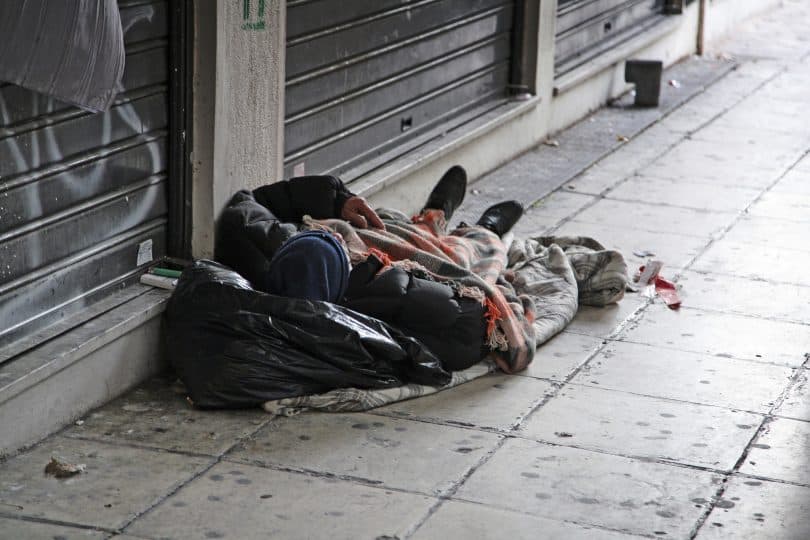Homeless Man Labels Harm Reduction as 'Assisted Suicide' Following Friend's Overdose

A homeless man, grieving the recent death of a friend from an overdose, has publicly denounced harm reduction activists, asserting they are "nothing more than people providing assisted suicide." The emotionally charged statement, shared on social media by Kevin Dahlgren, highlights a raw and controversial perspective on drug policy amidst ongoing debates about addiction and public health strategies. This accusation underscores deep-seated skepticism and pain within vulnerable communities affected by the overdose crisis.
The man's remarks come as harm reduction strategies, such as supervised consumption sites and naloxone distribution, aim to minimize the negative health and social consequences associated with drug use. Proponents argue these measures save lives by preventing overdoses and reducing the spread of diseases, offering a pathway to treatment for individuals who may not be ready for abstinence. However, critics sometimes argue that such approaches can inadvertently enable drug use or fail to address the root causes of addiction.
Recent discussions, particularly in Canada, have seen similar strong language in debates surrounding Medical Assistance in Dying (MAID) and its expansion to include mental illness and substance use disorders. Some critics, as reported by LifeSiteNews, have warned that allowing MAID for drug addicts could lead down a dangerous path nearing "eugenics." While the context of MAID differs from harm reduction for overdose prevention, the underlying concern about facilitating death rather than promoting recovery resonates with the homeless man's statement.
Harm reduction advocates emphasize a non-judgmental approach, acknowledging that abstinence may not be immediately feasible for everyone. Louise Vincent, a prominent harm reduction leader who passed away in 2025, articulated this philosophy, stating, "We have one acceptable narrative about recovery that doesn’t fit everyone... There’s no middle ground." She championed efforts to provide resources like fentanyl test strips and sterile syringes, believing that caring for individuals who use drugs, regardless of their ability to achieve abstinence, is paramount.
The tragic loss of life due to overdose continues to fuel intense debate over the most effective and ethical responses to the addiction crisis. The homeless man's poignant accusation reflects a profound sense of despair and questions the perceived intentions and outcomes of current harm reduction efforts, particularly when confronted with personal tragedy. It highlights the complex emotional and moral landscape surrounding addiction, where grief and frustration can lead to stark criticisms of established public health interventions.